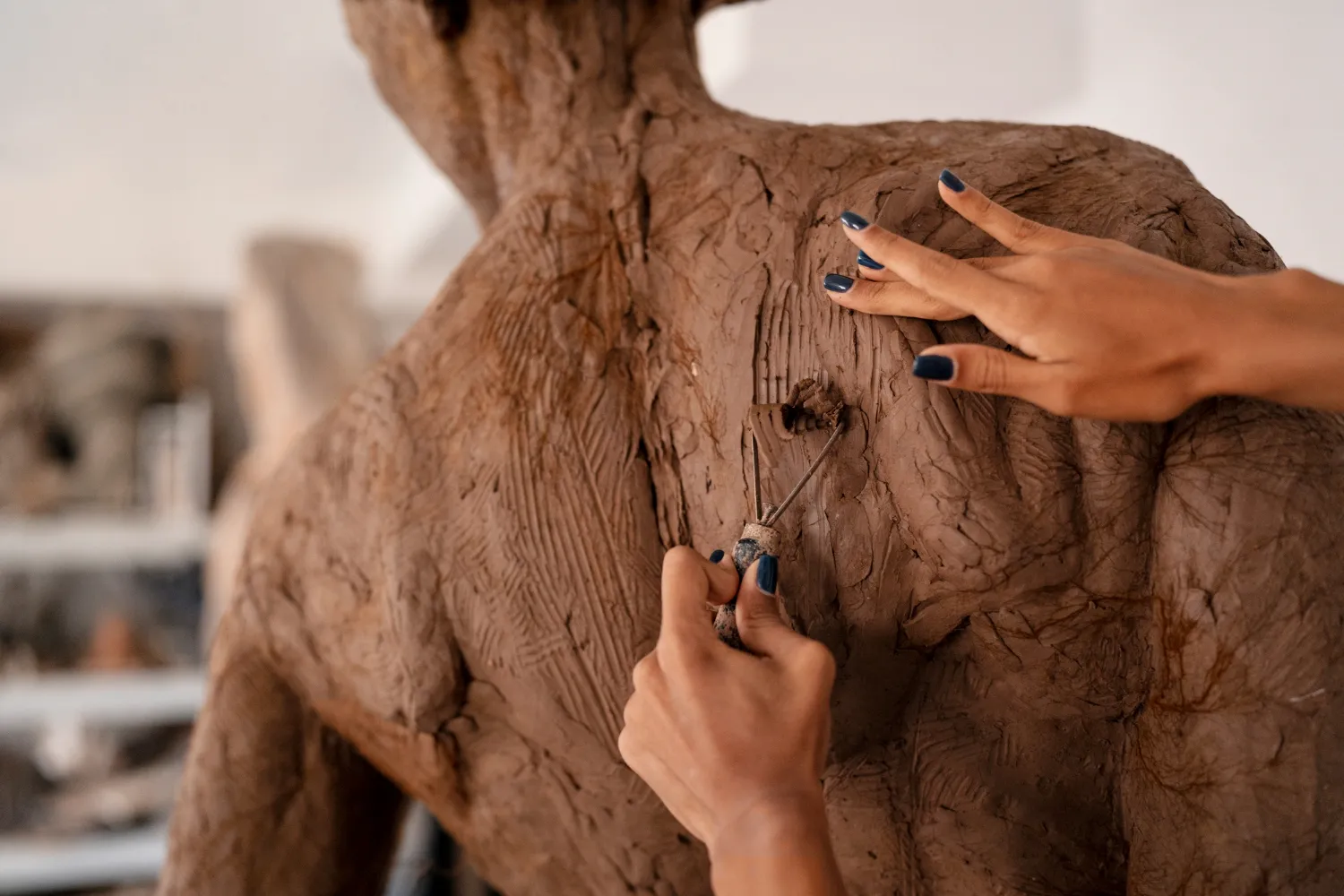Overcoming Ego to Build a Stronger Foundation for Your Recovery

Ego is just like a dust in the eye. Without clearing the dust, we can’t see anything clearly.
Buddhist Teachings
Ego is one of the biggest barriers to addiction recovery. It fuels denial, resists change, and thrives in isolation. It tells us we don’t need help, that we’re in control, and that admitting vulnerability is weakness. But true recovery begins when we break through denial, admit we have problems, ask for help, and embrace change.
IMPACTFUL LEARNINGS
1. STAGES OF CHANGE. Addiction follows predictable stages—experimentation, dependence, and full-blown addiction—yet ego blinds us to this reality. The Transcendental Change Model teaches us that transformation happens in stages: pre-contemplation (denial), contemplation, preparation, action, maintenance, and transcendence.
2. STEP 1 OF THE 12-STEP ALCOHOLICS ANONYMOUS RECOVERY PROGRAM. When I surrender to the Twelve Steps, by undertaking step 1, “I acknowledged my powerlessness over addiction and alcoholism and that my life had become unmanageable.” Then I began the work of rebuilding my life.
3. HUMILITY, EMPATHY & GRACE. For those in recovery, to caregivers, the key is humility, empathy, and Grace—seeking knowledge, challenging toxic norms, and fostering vulnerability. Recovery isn’t just quitting substances; it’s unlearning conditioning that glorifies ego-driven survival, relearning what was good, and learning new habits that aid your sobriety and recovery.
IMPACTFUL PRACTICAL STEPS
1. Practice self-reflection—journaling, therapy, or support groups.
2. Engage in deep, honest conversations—challenge societal conditioning.
3. Accept guidance—mentors, sponsors, and professionals.
4. Develop spiritual or mindfulness practices—meditation, prayer, surrender.
CONCLUSION
The strongest people are not those who fight alone but those who seek help, heal, and help others heal.
Always remember: Ask for help, receive it, pay it forward.









